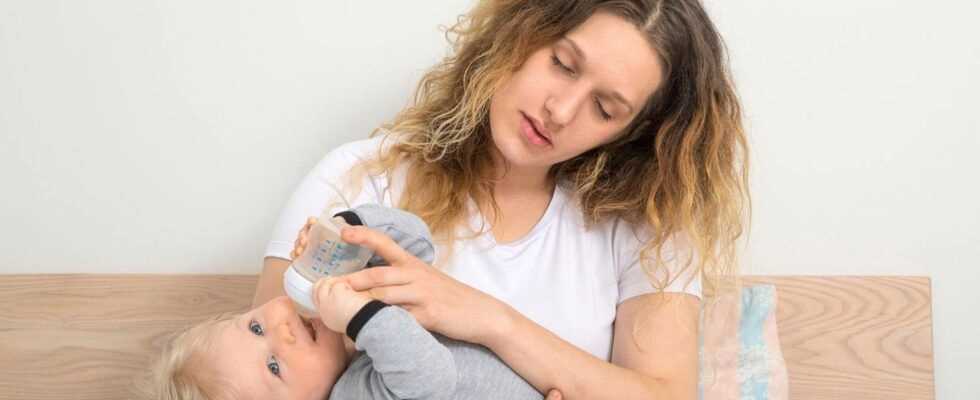Anyone who has a baby is usually chronically overtired. And also hears a lot of unsolicited advice. Not a good combination, a psychological research group at the University of Giessen has now discovered.
Let scream! Don't let them scream! Cloth diapers! Disposable diapers! Dummy! Thumb! Take to bed with you! Don't take it to bed with you! If you have a baby, you don't have to worry about the more or less good advice. The diabolical thing about it: people with chronic lack of sleep are more willing to follow advice than well-rested test subjects. Even more: it is not so important to overtired people whether the source of the advice is trustworthy. It has long been proven that overtired people are more easily influenced. A group of psychologists wanted to know more about it. "As part of the study, we empirically investigated for the first time whether a lack of sleep actually leads to people making more use of advice," says Jan Häusser, professor of social psychology at the University of Giessen and lead author of the study.
Tired subjects take advice
96 test persons took part in the study. They were divided into two groups. One stayed up all night under supervision in the laboratory, the other was allowed to sleep in at home. Both groups were asked to solve estimating tasks the next morning in which they were asked to estimate the distance between different European capitals (e.g. Helsinki – Dublin). After their first estimate, the test subjects alternately received advice from two alleged experts who were presented as having different levels of competence. Then the test subjects were allowed to revise their decision and make a new estimate if they wanted to. The result: The overtired test subjects generally made more use of the advice than the well rested. Also, they were more willing to take the advice of the less competent expert. Conclusion: nothing against good advice! However, in a (halfway) rested moment you should think about who you want to accept it from. (Here is the original scientific article.)
This article originally appeared on Eltern.de.
